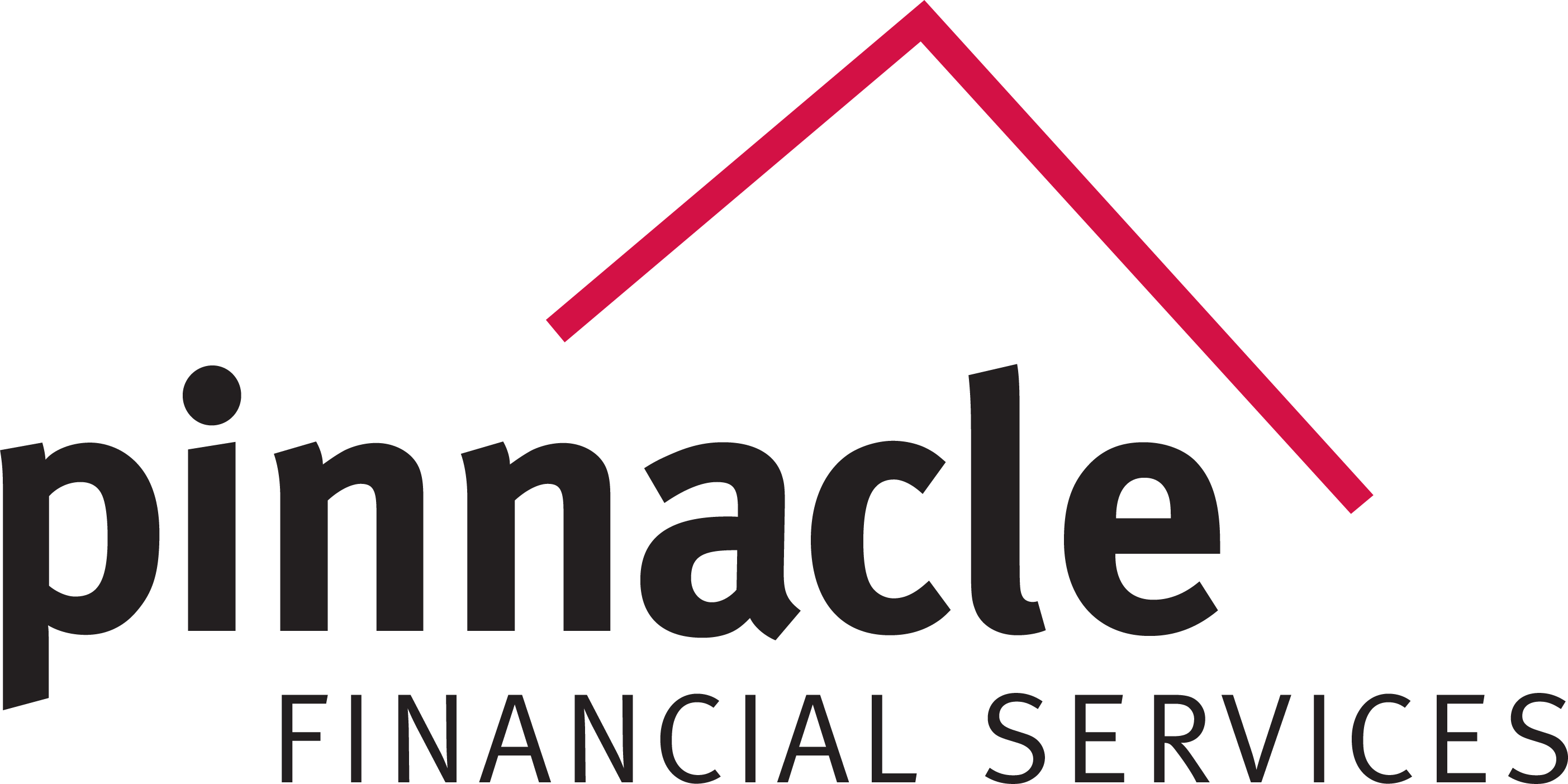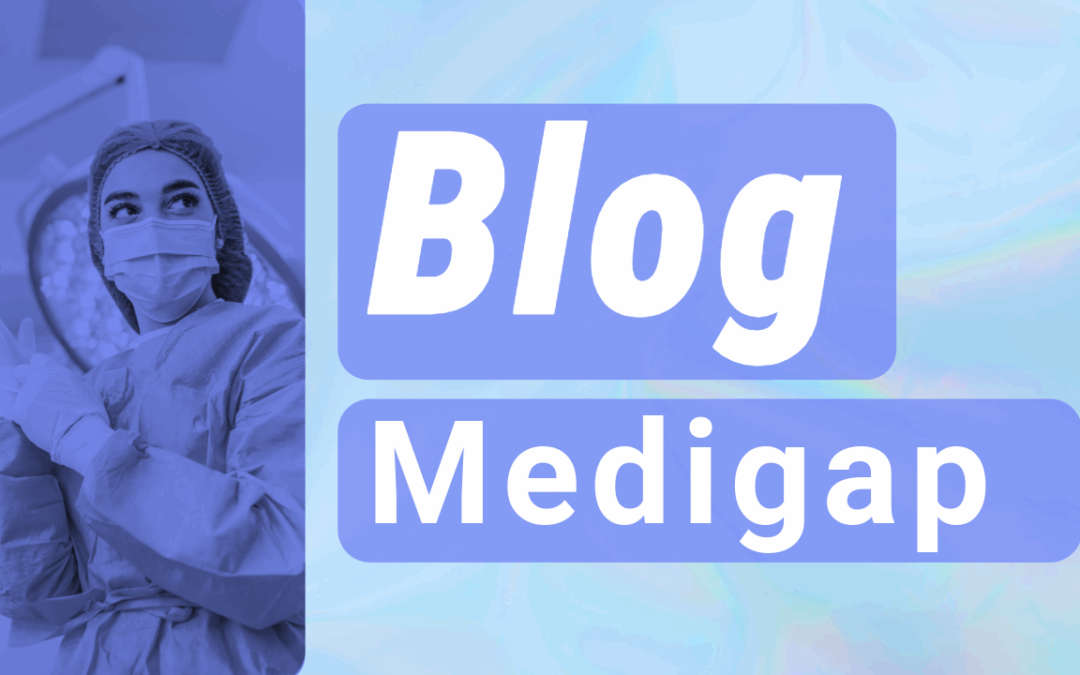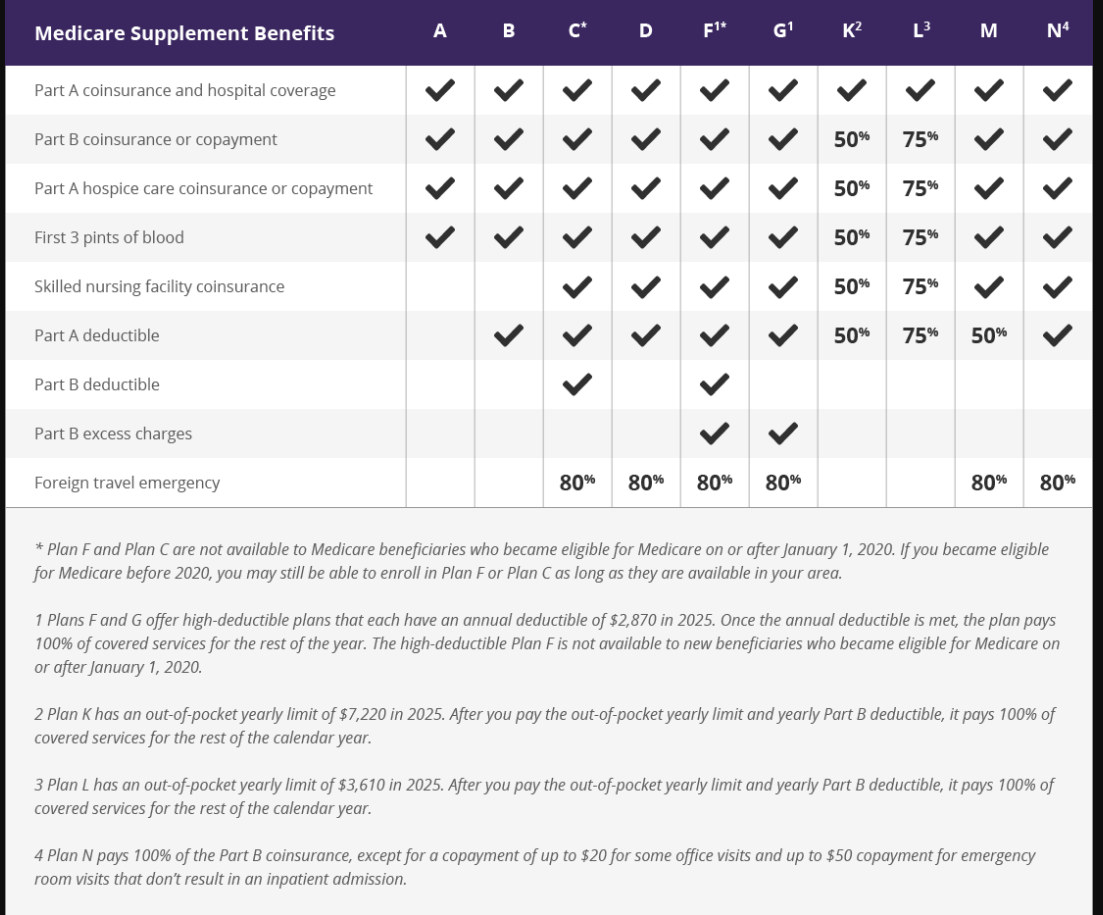
Life Insurance 101-What Every Agent Should Know
Let’s be honest, life insurance doesn’t always spark excitement right out of the gate. But once you understand how powerful it can be in protecting families, building financial stability, and creating long-term peace of mind, it becomes clear why it’s one of the most important conversations agents can have with their clients.
Whether you’re new to life insurance or just brushing up on the fundamentals, our recent webinar walked through everything you need to know to feel confident discussing coverage with your clients.
Why Life Insurance Matters (a Lot)
When you strip it down, life insurance is simple: the client pays premiums, and in return, their loved ones get a payout (a death benefit) when they pass away. But the why behind it is where it gets real:
- Income Replacement – Imagine losing a household’s primary income overnight. Life insurance keeps families afloat and lifestyles intact.
- Debt Protection – Mortgages, credit cards, student loans, they don’t just go away. A policy can make sure loved ones don’t inherit the bills.
- Future Expenses – Kids still need college. Spouses might need long-term care. That benefit can do heavy lifting when it’s needed most.
- Final Expenses – From funeral costs to estate taxes, life insurance ensures families aren’t overwhelmed when grieving.
- Business Stability – For business owners, life insurance can protect operations through key person policies or buy-sell agreements.
Bottom line: it’s not about preparing for death. It’s about protecting life for the people left behind.
How Much Life Insurance Do Clients Need?
Great question, and one you’ll hear often.
Here’s a helpful starting point: most people should aim for 5–10x their annual income. But that’s just the beginning. Help your clients think through:
- Their income and how long their family would need it to be replaced
- Outstanding debts (mortgage, car loans, credit cards)
- Future obligations (college, caregiving, retirement needs)
- Savings and existing assets
A little math and a lot of empathy go a long way in determining the right fit.
What Affects Premiums?
When clients ask, “Why does it cost that much?”, you can confidently break it down:
- Age & Health – The younger and healthier the client, the better the rate.
- Lifestyle Choices – Smokers, skydivers, and racecar drivers… well, they pay more.
- Coverage Amount & Type – A $1 million permanent policy will obviously cost more than a $250k term plan.
- Policy Type – Term = affordable and temporary. Permanent = lifelong coverage and cash value, but higher cost.
The good news? There’s almost always a policy that fits your client’s needs and budget.
Picking the Right Beneficiaries
It might feel like a small detail, but it’s one of the most important ones:
- Choose people with an insurable interest, spouses, kids, and close family.
- Multiple beneficiaries are fine. Just make sure designations are kept up to date (especially after big life changes like marriage or divorce).
- Encourage clients to review their policies regularly. Life changes, so should their coverage.
The Application Process: Easier Than You Think
Most policies start with an application, a health questionnaire, and sometimes a medical exam. That’s where underwriting comes in.
But here’s the kicker: there are also simplified issues and guaranteed issue policies that skip the needles and lab work, perfect for clients who want a no-fuss option.
Common Objections (And How to Respond)
We all hear them. Here’s how to tackle the usual pushback with confidence:
- “It’s too expensive.” – “Let’s look at options. There’s something for nearly every budget.”
- “I’m young and healthy. I’ll wait.” – “That’s exactly why you should lock in a low rate now.”
- “I have insurance through work.” – “That’s great, but if you change jobs, that coverage may not follow you.”
Every concern is just a door waiting to be opened with the right information.
Types of Life Insurance (Quick Breakdown)
Here’s a cheat sheet for the most common policy types:
- Term Life – Coverage for 10–30 years, super affordable, no cash value.
- Whole Life & Universal Life – Lifetime protection, cash value growth, higher premiums.
- Simplified or Guaranteed Issue – No exams, easier approval, but limited benefits or higher costs.
Each one plays a role depending on where the client is in life.
Ready to Talk Life Insurance with Confidence?
Life insurance doesn’t have to be complicated, but it does need to be personal. When you understand the basics and match them to each client’s unique situation, you’re not just selling a policy, you’re offering protection, peace of mind, and a plan for the future.
Need help putting this all into practice?
The marketing team at Pinnacle is here to help you grow your brand and reach more clients.
Contact your Pinnacle Financial Services team member today at 800-772-6881 or sales@pfsinsurance.com.
Not Contracted with Pinnacle- Get set up today: Spot Sign
Need Proven Lead Program- Leads & Marketing

Mark Bolger
Agent Care Specialist - Life, Annuity, & LTC








